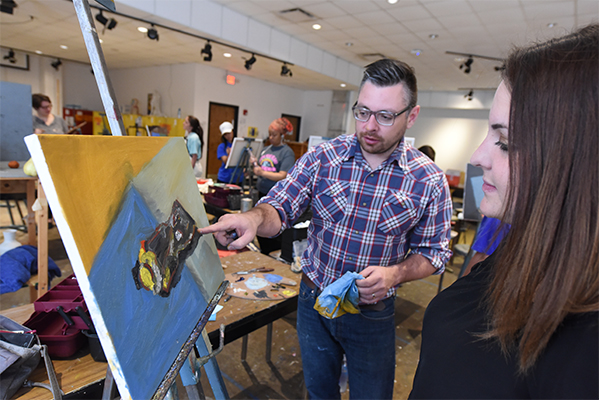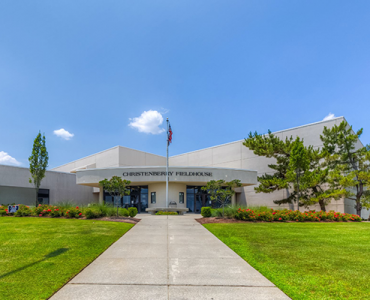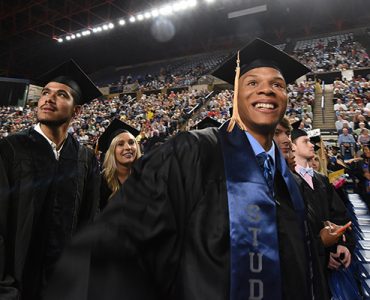Success can mean lots of different things to different people. No where is that truer than in college. We asked our favorite professors for their number one piece of advice for students seeking success.
“If a professor requires you to purchase a textbook, be sure to READ IT. My most successful students read (and take notes from) the assigned chapters before it is presented to them in the classroom,” Dr. Bruce Saul, College of Science and Mathematics, Biology Department.
“Know the requirements of the academic program and complete them all with due diligence. Give the best effort in attendance and the quality of work done. And, become engaged with the university community,” Dr. Olajide Agunloye, College of Education, Department of Teaching and Learning.
“Be curious, especially in the core classes. Sometimes students blow off the core classes because it’s not in their major. They’re missing a great opportunity to broaden their thinking and understanding of the world. This is especially true if it’s a class way outside of their field (e.g. social science when they are a physical science major) because they’ll rarely have a chance to look this in-depth with experts,” Dr. Angela Bratton, Katherine Reese Pamplin College of Arts, Humanities and Social Sciences, Department of Social Sciences.
“Student active participation is key to learning the skills and content that my students will then have to apply to complete assignments and to demonstrate during their lab field experience. Students must also be able to apply critical thinking skills and be reflective in their practice,” Dr. Christi Pace, College of Education, Department of Teaching and Learning.
“Don’t just come to class- participate! Not much impresses a professor more than enthusiasm,” Dr. Marsha Loda, James M. Hull College of Business, Marketing Department.
“With respect to my courses which are mathematically heavy the number one thing students can do is this: Come to class, participate, start their homework as early as possible, and then come to office hours when they need help. The number one advice with respect to learning, in general, is this: Ask questions early and often. Lastly, don’t feel bad about not knowing something, when you don’t know something, that’s when learning happens. It’s okay to struggle with complex concepts,” Dr. Harley Eades, School of Computer and Cyber Sciences, Department of Computer Science.
“My number one piece of advice for a student in my class is to not only come to class– but participate- be present! When you get engaged with the class, it not only becomes more enjoyable for you as a student, but you will get more out of it,” Dr. Nicole Peritore, College of Education, Department of Kinesiology.
“Set aside substantive blocks of time outside of class to do the work for class— an hour outside of class for every hour in class is ideal. This is much more meaningful than cramming for tests or papers, and the knowledge will stay with you in a deeper way, ” Dr. John Hayes, Katherine Reese Pamplin College of Arts, Humanities and Social Sciences, Department of Social Sciences.
“My best piece of advice that I give applicants and students in the Masters of Physician Assistant program is to rid your psyche of the spirit of competition. You have competed during your entire academic career up to this point, to gain a spot in a program such as this, now is the time to embrace the spirit of collaboration and encouraging your peers, filling in gaps and finding balance so that all are successful. You all share the same goal and the ultimate goal is to become the best caregivers, and colleagues that you can be,” Dr. Alicia Elam, College of Allied Health Sciences at Augusta University, Physician Assistant Department.
As you see, it take a lot more than just showing up to class to make the grade.





